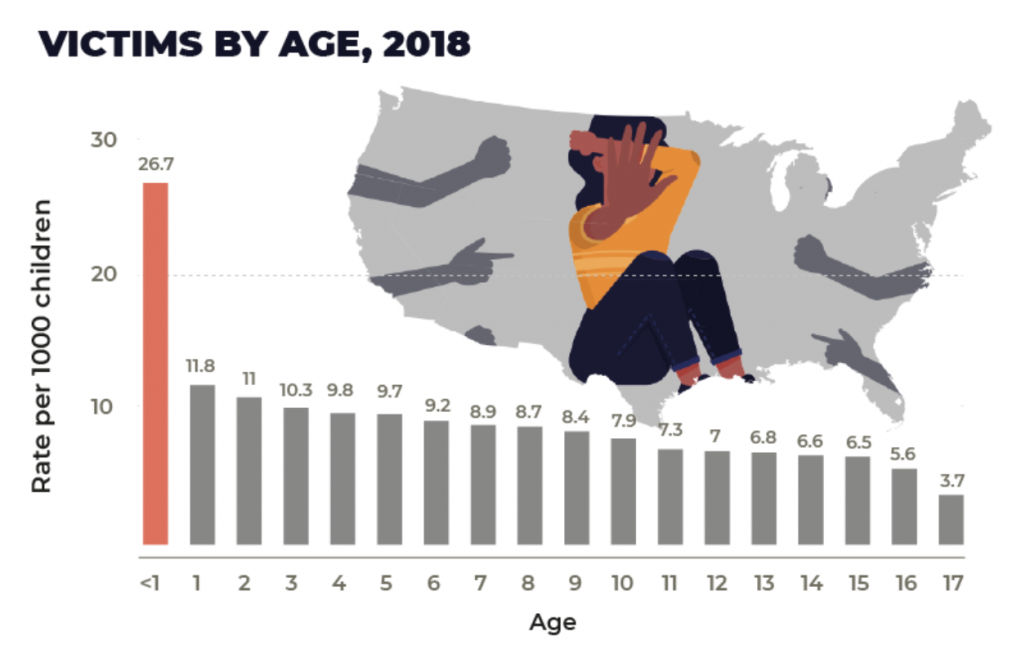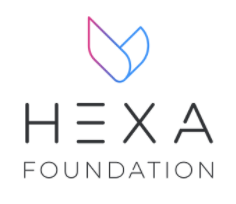


In March of 2018, Jennifer Hart drove her SUV off a cliff on the California coast, taking with her the lives of her wife and their six adopted children. Compounding this tragedy is the disturbing trail of documented abuse occurrences across the multiple states in which the Hart family lived, prior to the murder-suicide. With the correct national system in place, authorities may have been able to save their lives. In Minnesota, Oregon and Washington, the Hart family had incidents of abuse documented with law enforcement and with child protective services. But by moving from state to state, the Harts were able to avoid further investigation and start afresh. In total, five states were involved in the adoption and abuse reporting of the victims. After their deaths, Mendocino county Sheriff-Coroner Thomas Allman put it aptly:
"Where are the systematic failures that possibly could have prevented this?" he stated, "We do not have a national database for child abuse allegations."[1]
A National Database for child abuse allegations. Sounds logical, right? There should be federal oversight of abuse against children. And yet in America, each state has its own laws and regulations for child welfare matters, following guidelines set by federal law and regulations. There is no federal coordinating body to help prevent a Hart-like family episode. But perhaps America does not need one. Blockchain technology can provide a simple and inexpensive solution to help tackle the problems of communicating and coordinating efforts against child abusers.
Blockchain is an innovative technology that allows multiple parties to manage and share a database that is decentralized and immutable. Being decentralized means that everybody can work on it together, however, no one is in charge or in control. For example, there has to be a consensus among the participants in order to add new information. Being immutable means that it only allows for the writing of new information, but never editing or deleting anything that is already there. These two unique features differentiate blockchain from any other “standard” shared database. As a result, the parties are able to create a shared and transparent source of truth that they can all agree upon.
Blockchain is most effective in situations where multiple parties need to safely share information in order to work together, without having a single party that is in charge. Since there is no single party - no federal child abuse oversight department in this case - in charge, blockchain can provide a meaningful solution. There are multiple parties, i.e. the states and various welfare agencies, each with their own pre-existing legacy system, who do not communicate with each other voluntarily. The paradox is that they, as well as the children they’re trying to protect, would highly benefit, if they could. The lack of a distributed reliable platform prevents them from sharing life-saving information, literally speaking.
Luckily, blockchain could easily overcome the challenge discussed above. For example, setting a blockchain-based system that would allow each state to report the social security numbers of individuals who were involved in perpetrating any kind of child abuse. This decentralized blacklist should hold minimum information, e.g., SSN, reporting state and reporting agency, making it easy to update and retrieve information from within. The ‘ping’ of prior abuse returned from the system would then allow law enforcement to initiate deeper due diligence on the ‘new’ abuse instance in their state, armed with the knowledge that the parent or caretaker has harmed children in the past. The database would be accessible only by law enforcement, child protection services, or relevant agencies that would need to deal with or check for instances of abuse of children. Even though we are great supporters of permissionless blockchain, naturally this platform would require a permissioned access only. This is not only due to the sensitivity and confidentiality of the information involved, but also because we do not foresee any trust issues between the multiple child care agencies.
Going back to the Hart family tragedy, with our proposed solution, a simple check in the blockchain-based system for one of the parents’ social security numbers would have immediately highlighted reports of abuse in prior states, and thus most likely prompted law enforcement to look with a closer eye at the newly reported allegations and perhaps even remove the children from the couple’s care.
Incidents of child abuse are sadly not a rare occurrence. In 2018, child abuse reports involved 7.8 million children in America[2], with over 50% of the incidents committed against victims younger than six years of age[3].

Children in foster care are highly prone and vulnerable to abuse, however very often children also need protection from their biological parents. Running a simple check of social security numbers of individuals who would like to adopt or foster children - or even checking the records of biological parents in a national system after the first instance of reported abuse - can help rule out or confirm potential abusers across the entire country, leaving them nowhere to hide, and hopefully no one to harm. We are fortunate to live in a time when technology can indeed create social impact. If blockchain can help prevent a child from staying in or falling into the wrong hands, then we should make every effort to embrace this solution.
···
[1] https://edition.cnn.com/2019/04/06/us/hart-family-crash-inquest-searches/
[2] https://americanspcc.org/child-abuse-statistics/
[3] https://www.acf.hhs.gov/sites/default/files/cb/cm2018.pdf
···

Hexa Foundation is a nonprofit organization focused on using blockchain to create social impact. The organization was co-founded by Netta Korin, also co-founder of Orbs, Israel’s largest blockchain infrastructure company. Netta comes to the Foundation following years of experience in business, government and non-profit industries.
Netta worked as a Senior Advisor in the Israeli Ministry of Defense to General Yoav (Poly) Mordechai, Head of CoGAT. Prior to that position, Netta worked as a Senior Advisor to Deputy Minister Dr. Michael Oren in the Prime Minister’s Office in Israel, focusing on Palestinian issues. Netta has held board positions in several non-profit foundations in both Israel and the United States.
The Hexa Foundation aims to use blockchain for social impact and harness the mind power of our ecosystem and network to help solve the region’s and the world’s most pressing humanitarian problems.
For more information please contact Netta Korin (netta@hexa.org)
···
© All Rights Reserved to Hexa Foundation Ltd. (CC)
The Hexa Foundation Ltd. (CC) permits the free use of this document, subject to the conditions set forth below.
The use of this document is permitted for private and personal use only. It is prohibited to copy and to use, or allow others to use, this document for any purpose, whether commercial or non-commercial, other than private and personal use.
The contents of this document are permitted for use on an as-is basis. The reader or any third party shall not have any claim or demand against Hexa Foundation Ltd. (CC) with respect to any of the contents of this document. Hexa Foundation Ltd. (CC), including its employees and representatives, shall not have any liability for any damage to the reader or any third party that occurs, directly or indirectly, as a result of the use of this document or the information contained therein.
We use cookies to ensure that we give you the best experience on our website. By continuing to use our site, you accept our cookie policy.